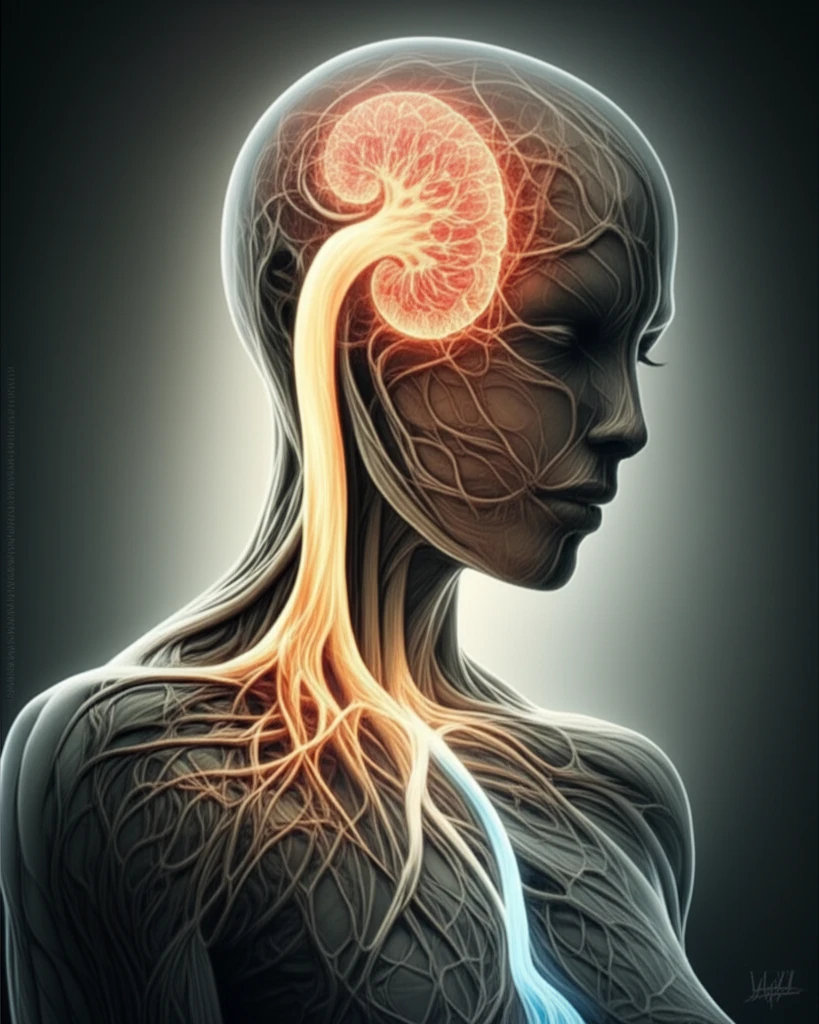
Living with Kidney Disease: Your Guide to Effective Pain Management
"Discover updated strategies for managing chronic pain in patients with chronic kidney disease (CKD) and improving overall quality of life."
If you're one of the many individuals living with chronic kidney disease (CKD), you're likely familiar with the physical challenges it brings. What might be less discussed is the significant impact of chronic pain, which affects a large percentage of CKD patients, often impacting their quality of life and mental health.
Studies show that over 60-70% of individuals with advanced kidney disease experience chronic pain. This pain can stem from a variety of sources and can lead to decreased quality of life and depression. What's more, depression is further linked to reduced survival rates among those with end-stage kidney disease.
This article dives into updated methods for managing pain in CKD patients, both those requiring and not requiring renal replacement therapy. The focus is on achieving effective pain relief while minimizing complications from treatment.
Understanding and Assessing Your Pain

Effective pain management starts with accurately assessing your pain. It’s crucial to pinpoint the cause of your pain for targeted treatment. However, remember that even when the underlying cause is addressed, complete pain resolution isn't always guaranteed. Managing persistent pain requires a thorough understanding of how the pain originates to tailor treatments effectively.
- Identifying the Cause: Determine the underlying condition or injury causing the pain.
- Assessing Duration and Intensity: Understand how long you've been experiencing pain and how severe it is.
- Understanding Pathogenesis: Gain insights into how the pain develops and progresses.
Taking Control of Your Pain Management Journey
Living with chronic pain and CKD presents unique challenges, but effective management is possible. By understanding the different types of pain, working closely with your healthcare provider to assess your pain comprehensively, and exploring various treatment options – both pharmacological and non-pharmacological – you can significantly improve your quality of life.
Remember, open communication with your healthcare team is key. Discuss your concerns, ask questions, and actively participate in creating a pain management plan that addresses your individual needs and minimizes potential risks.
Don't let pain define your life with CKD. Take proactive steps to manage your pain, improve your well-being, and live a more fulfilling life.
